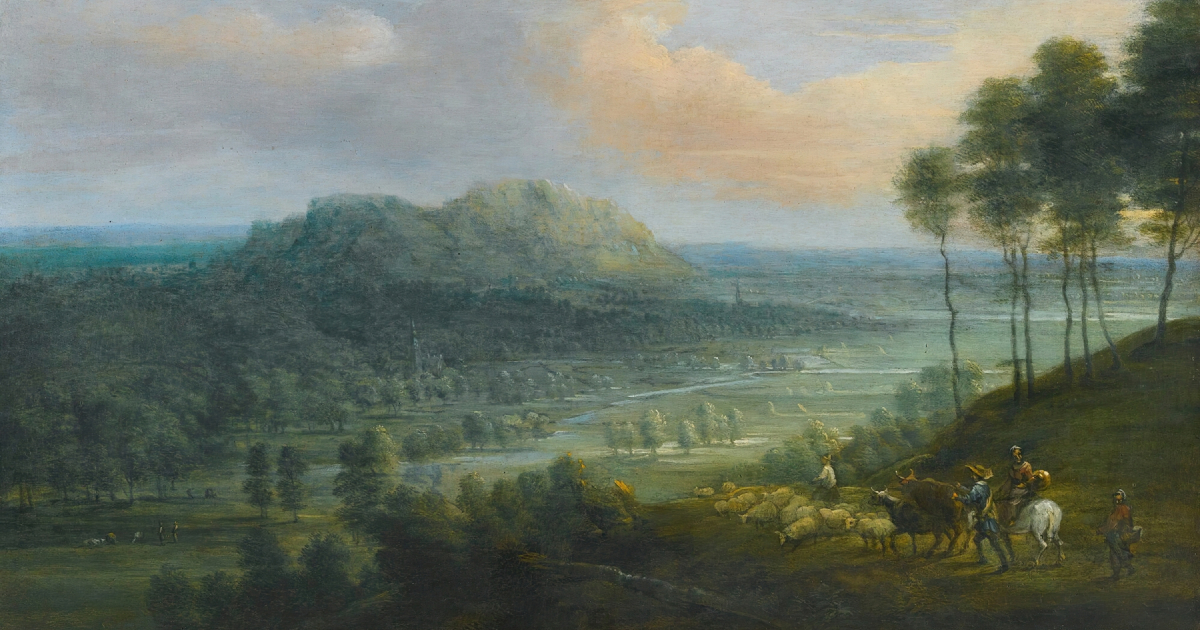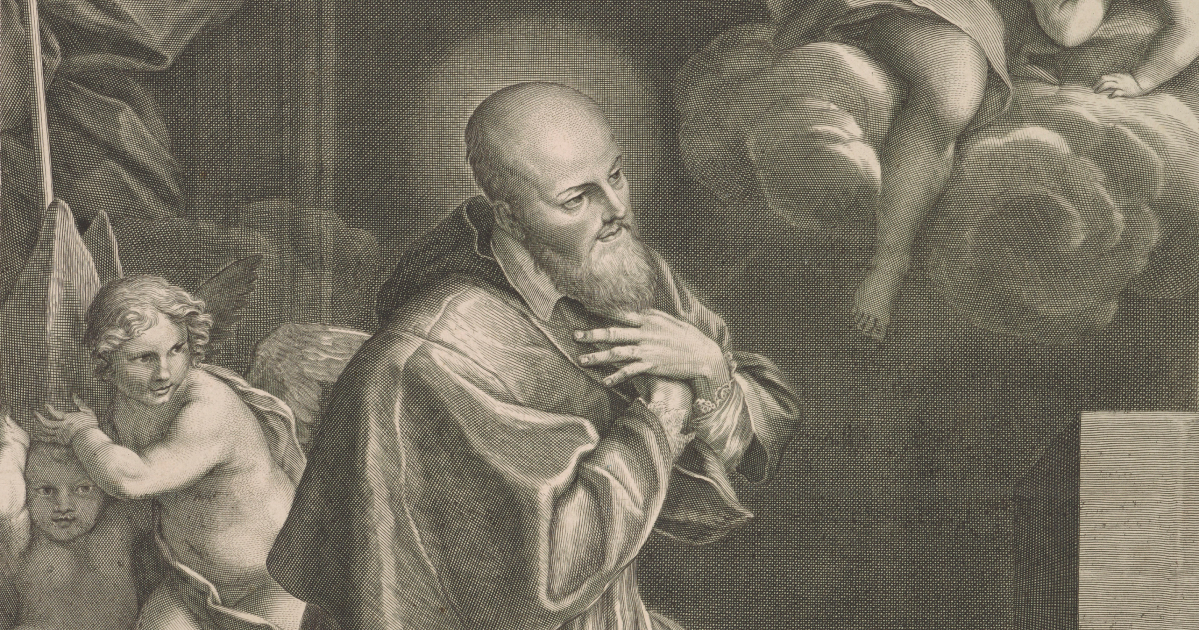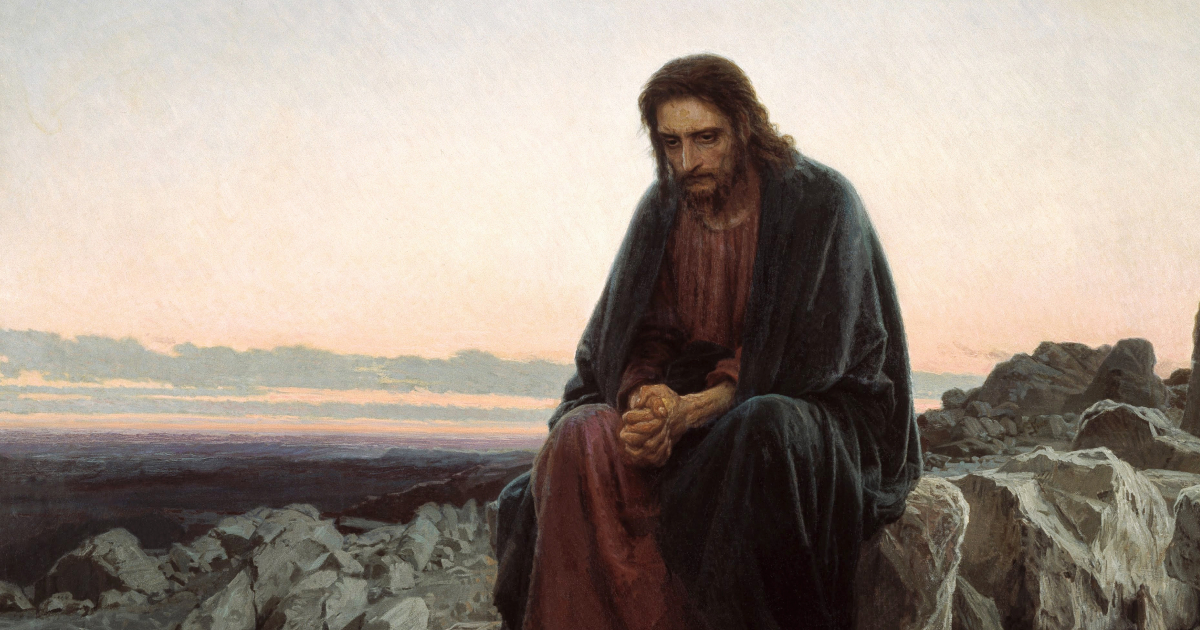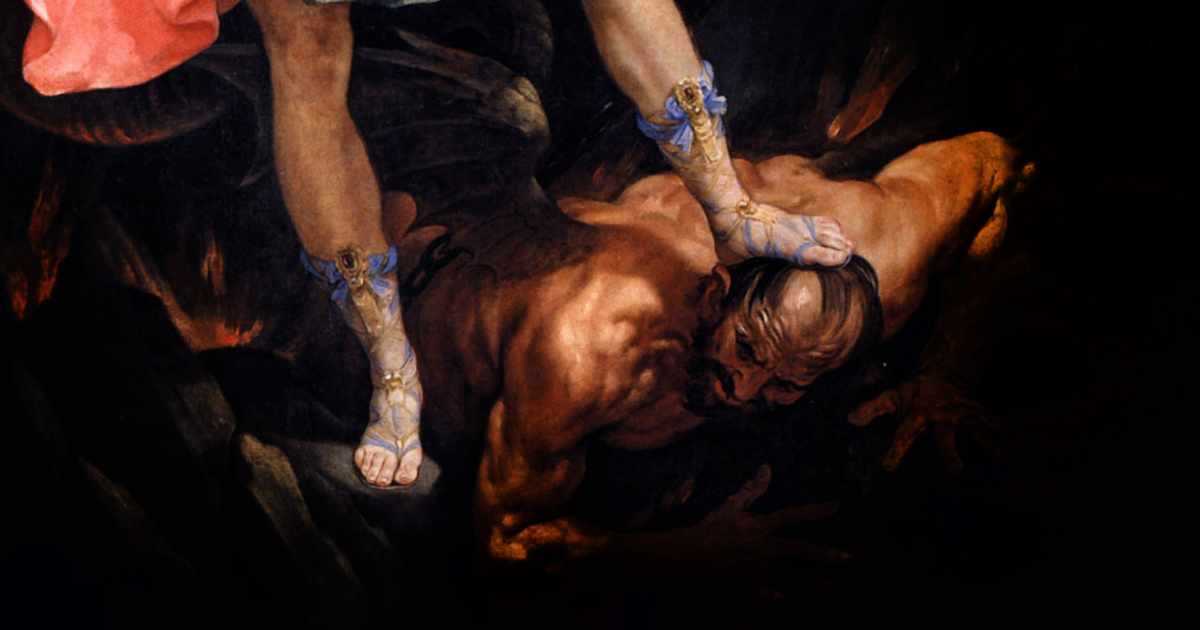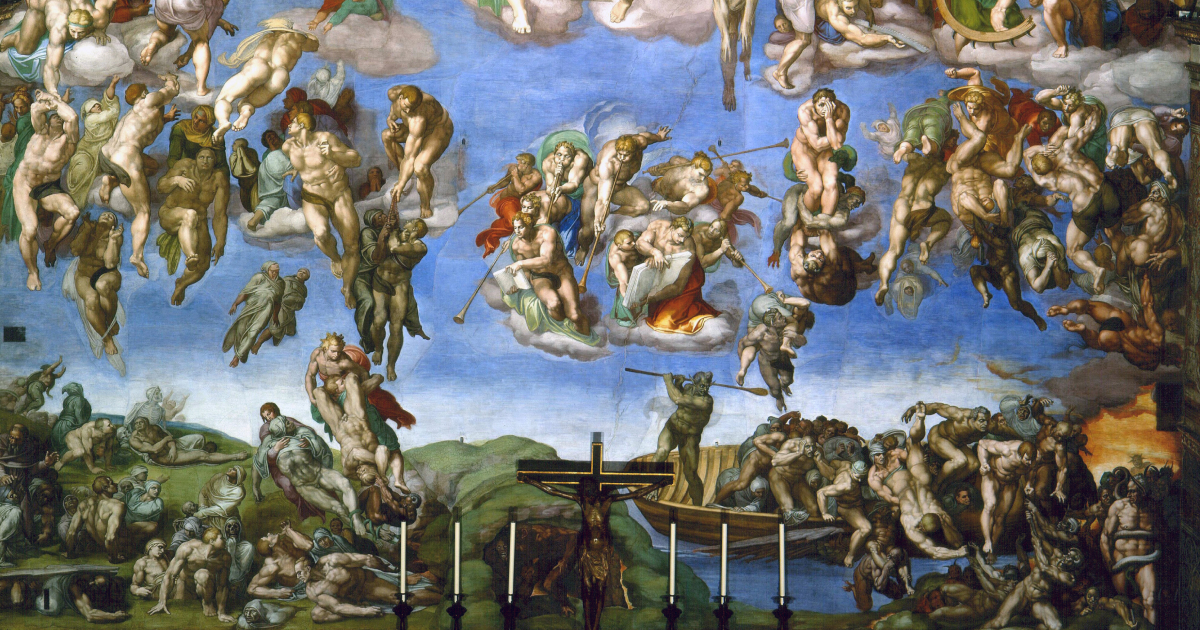A famous story runs like this: a woman once told Padre Pio she did not believe in Hell "because God is too good". His response? "Madam, you will when you go there."
Yet many modern Catholics share this attitude. They do not regard themselves as great sinners, like Hitler, Stalin or the Borgias; they may have fiddled their expenses, indulged in malicious gossip or engaged in (minor) lustful behaviour, but they are still decent people and "God is too good". Mgr Charles Pope, a well-known scripture scholar, writer and priest in Washington, DC, comprehensively demolishes this false belief in his book The Hell There Is.
Subtitled "An Exploration of an Often-Rejected Doctrine of the Church", the book's chapters say it all: "The most widespread of heresies", "Jesus's consistent theme", "Why is Hell eternal?", "Why the doctrine of Hell matters", and so on. Hell exists because God respects our freedom to choose His love, the way of the Cross or the alternative. Jesus in the Gospels constantly reminds us of the gravity of our choices.
Indeed, 21 of Our Lord's 38 parables feature scenes of judgement; that the road to salvation is narrow "and few there are that find it". We treat passages such as: "If your right eye causes you to sin, pluck it out" as merely a metaphor, and nothing to worry about. But Jesus, master storyteller and phrase-maker, never speaks lightly. We have everything to gain by taking Him seriously and everything to lose by rejecting what he says. God is patient and merciful but He is not a pushover.
Mgr Pope points out that many of the saints, as well as the Blessed Virgin Mary, who showed the three Fátima seers a terrifying vision of the damned, warn us about the reality of hell and that many go there. This runs counter to the notion of "universalism", under which, as the theologian Hans von Balthasar put it, we might hope that everyone is finally saved. There is nothing in scripture to warrant this false optimism. In fact, as Pope explains, it makes a mockery of the supernatural virtue of hope. Hope is meaningless if we are all going to be saved anyway.
Pope laments that too few priests today are prepared to preach on this subject. Perhaps they don't believe it themselves, or fear being unpopular with their parishioners. The salvation of souls and our urgent need of a Saviour becomes an afterthought, pushed aside by the fantasy that the Church is a kind of "social club where all are welcome". What happens to the joy of salvation, asks the writer, when Jesus is turned into a kindly hippy figure and the Church's sacraments "become mere ceremonies that set the stage for a nice party in the afterlife?"
"Those who know joy best have been to the precipice," Pope comments, "and also know the depths of sin and sorrow." Ah, sin. It hardly matters any more. When life is no longer seen as a life-and-death struggle against the proud, rebellious ego, our need for Confession is unnecessary, simply a relic of the unhealthy "guilt" imposed on us in childhood.
And what of the eternal nature of hell? Pope cites CS Lewis's famous work, The Great Divorce, to describe how those in hell would hate to be in heaven, despite their agony. "The light of heaven is too bright." They prefer the darkness.
The author provides a helpful list of our common failings: stubbornness, dishonesty, insincerity, unchastity, disobedience, selfishness, cowardliness, stinginess, and so on. Sexual sins, in particular, are widespread, although Our Lady of Fátima stated that: "Many people go to hell for sins of the flesh."
We have forgotten, or ignore, that sexual intimacy is intended by God only for holy matrimony and openness to new life. Dante (influenced by St Thomas Aquinas) gave different "circles" of punishment to the damned below, according to their gravest sins here on earth; the illicit lovers, Paolo and Francesca, suffer in the second circle of his Inferno. They receive their just desserts.
As Pope comments, "The whole ugly world of sin we know in this life goes on steroids in the next."
In conclusion, Pope admonishes us: "Be urgent and choose wisely, fellow sinner." After all, the fate of our immortal souls is at stake and grace, as Dietrich Bonhoeffer once remarked, cannot be cheaply bought.
The author also quotes the moving chorus of an African-American spiritual, written by slaves: "Oh! Fare thee well poor sinner, fare thee well."
Photo: graphic containing image of the book The Hell There Is (credit Arcadia)
Francis Phillips is a mother and grandmother
The Hell There Is: An Exploration of an Often-Rejected Doctrine of the Church by Mgr Charles Pope, Tan Books, £19.99, 160 pages
This article appears in the September 2025 edition of the Catholic Herald. To subscribe to our thought-provoking magazine and have independent, high-calibre and counter-cultural Catholic journalism delivered to your door any where in the world click HERE.









